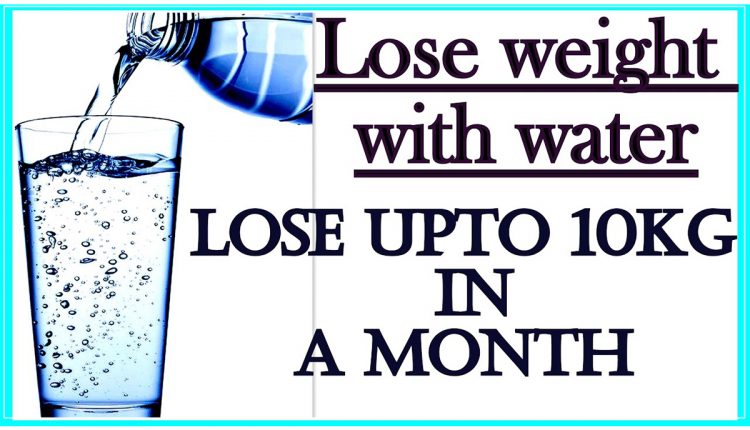
Historically speaking, fad diets have always been associated with teenage girls trying to squeeze into size zero jeans. But with the increasing frequency of obesity and weight-related illnesses, people from all walks of life are now willing to try anything to lose weight. Everyone from the next door neighbor to the multi-national pharmaceutical company claims to have a quick way to help us slim down. Many times, these diet regimes not only help us lose weight, but are also a quick way to help us lose our money and in some cases, even our sanity
The truth is that sometimes we search everywhere for something which has been right under our nose the whole time. Such is the example of drinking water to lose weight.
Water is the most economical, widely available and beneficial diet drink with no side effects for most people.
The value of water is underestimated as it seems too good to be true, but medical literature is now proving the fact that drinking plain water supports weight loss in multiple ways, some of which are mentioned below:
1. Increases Metabolism
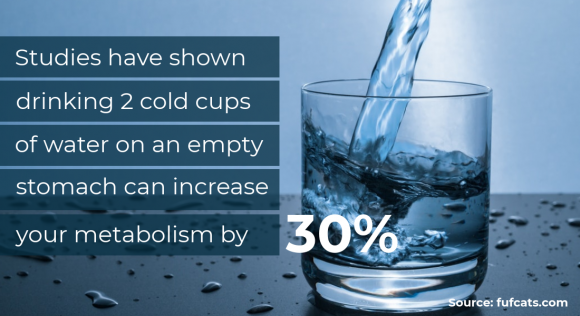
Resting energy expenditure is a natural phenomenon by which calories are burnt while the body is at rest, directly related to the body’s metabolic rate. Studies show that drinking the recommended daily amount of water could result in an energy expenditure equal to a loss of about 1.2 kg/year (1). This is because simple ingestion of adequate amounts of water increases our resting energy expenditure.
2. Reduces Appetite
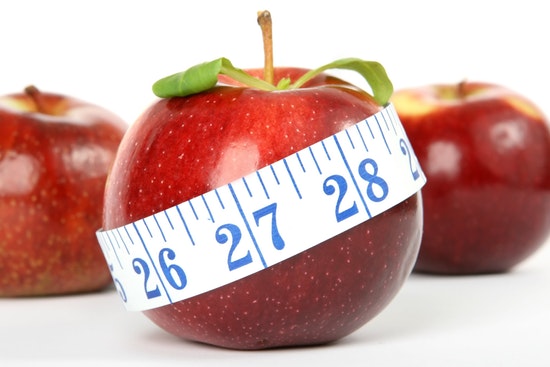
It is a well- tested formula that drinking a glass of water before each meal results in a full feeling and reduced food intake. This easy to implement intervention has a higher success rate because you don’t feel deprived of food. Plus, the full stomach leaves you content and happy.
3. Boosts Energy
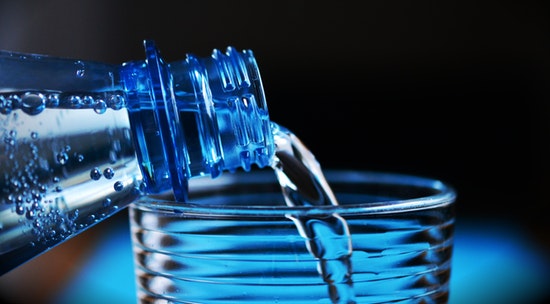
Water refreshes and rehydrates us, making us feel light and energetic. A sudden decrease in food intake leads to weakness and fatigue, but the additional power burst of water can provide the push we need to get us to the gym. Water consumption is scientifically proven to decrease fatigue and even sleepiness. (2)
4. Improves Mood

The main cause that most diets fail is that the sense of deprivation experienced during the diet. People generally enjoy high-calorie or sweetened foods. And when they are made to remove the things they love from their diet, they end up feeling depressed and frustrated, especially if the weight loss results are not as drastic as they hoped. Drinking water brings about calmness, satisfaction and other positive emotions, (2) which are the key to sticking to the diet plan and achieving the target ahead.
5. Water Is Natural
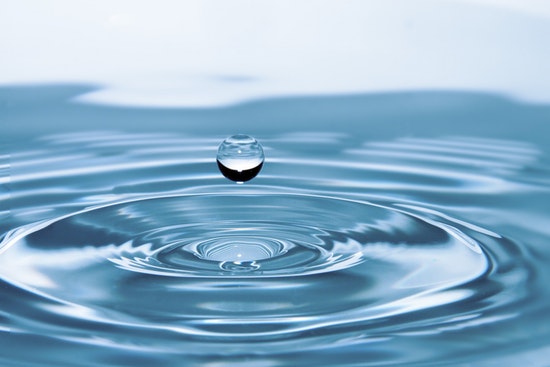
Diet foods are now a trend in the food industry, with supermarket aisles being stacked with diet drinks and diet desserts. Unfortunately, many of these products contain artificial sweeteners and other questionable ingredients, leaving us wondering whether we are trading our weight problem with kidney disease, liver dysfunction or even cancer.
Diet advice comes and goes. Not all diets suit all body types and therefore diets which cause drastic weight loss for some cause sheer frustration in others. The great part about using water as a diet tool is that it is an easily accessible, zero-calorie thirst quencher, which actually improves renal function, skin integrity, and overall health.
No matter which diet you are on (or whether you are on a diet or not) always remember to stay hydrated. In the end, our emphasis should be on our health, not just on our weight.
References:
- Dubnov-Raz G, Constantini NW, Yariv H, Nice S, Shapira N. Influence of water drinking on resting energy expenditure in overweight children. Int J Obes (Lond). 2011 Oct;35(10):1295-300.
- Pross N, Demazières A, Girard N, Barnouin R, Metzger D, Klein A, Perrier E, Guelinckx I. Effects of changes in water intake on the mood of high and low drinkers. PLoS One.2014 Apr 11;9(4):e94754.

